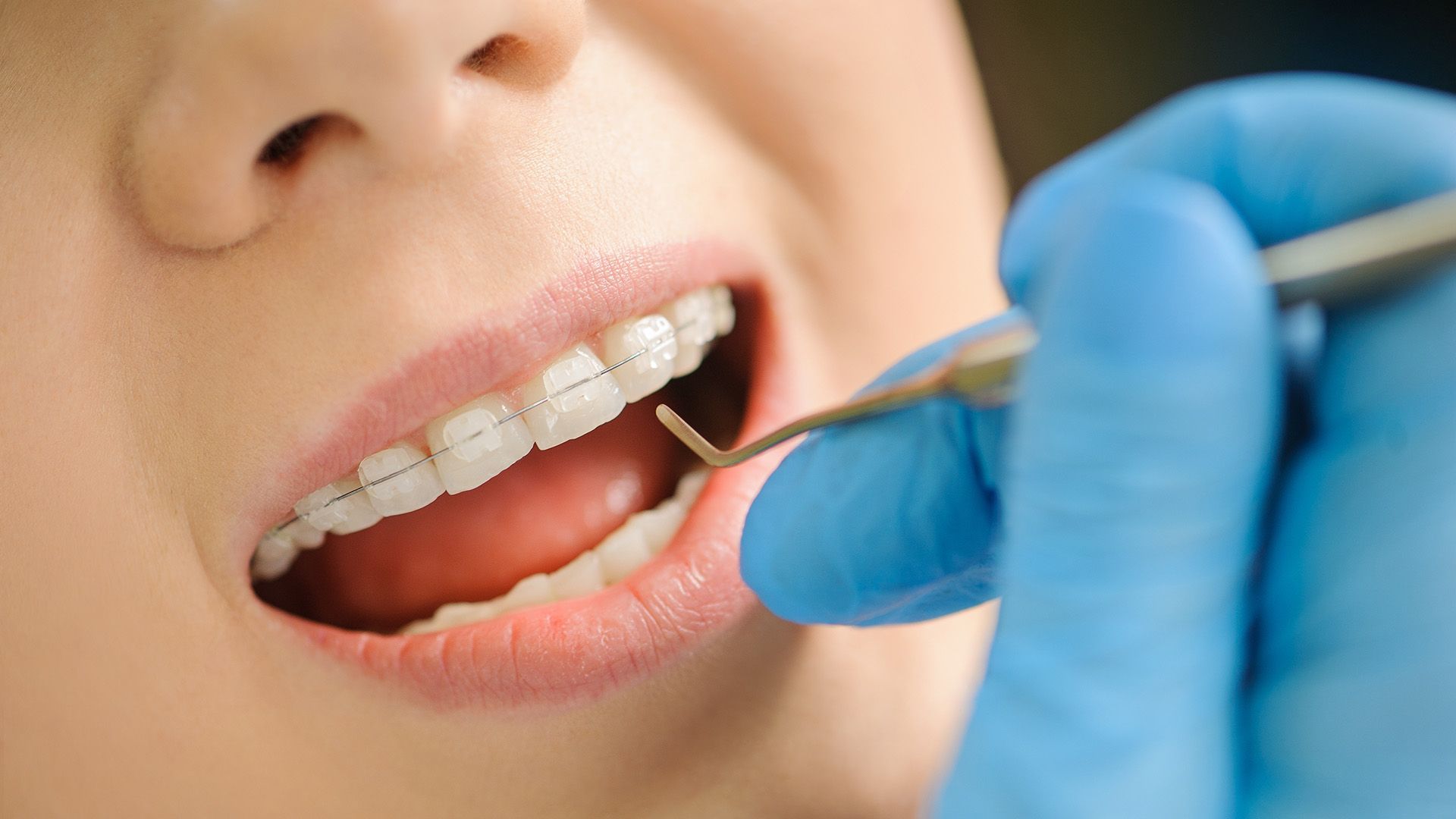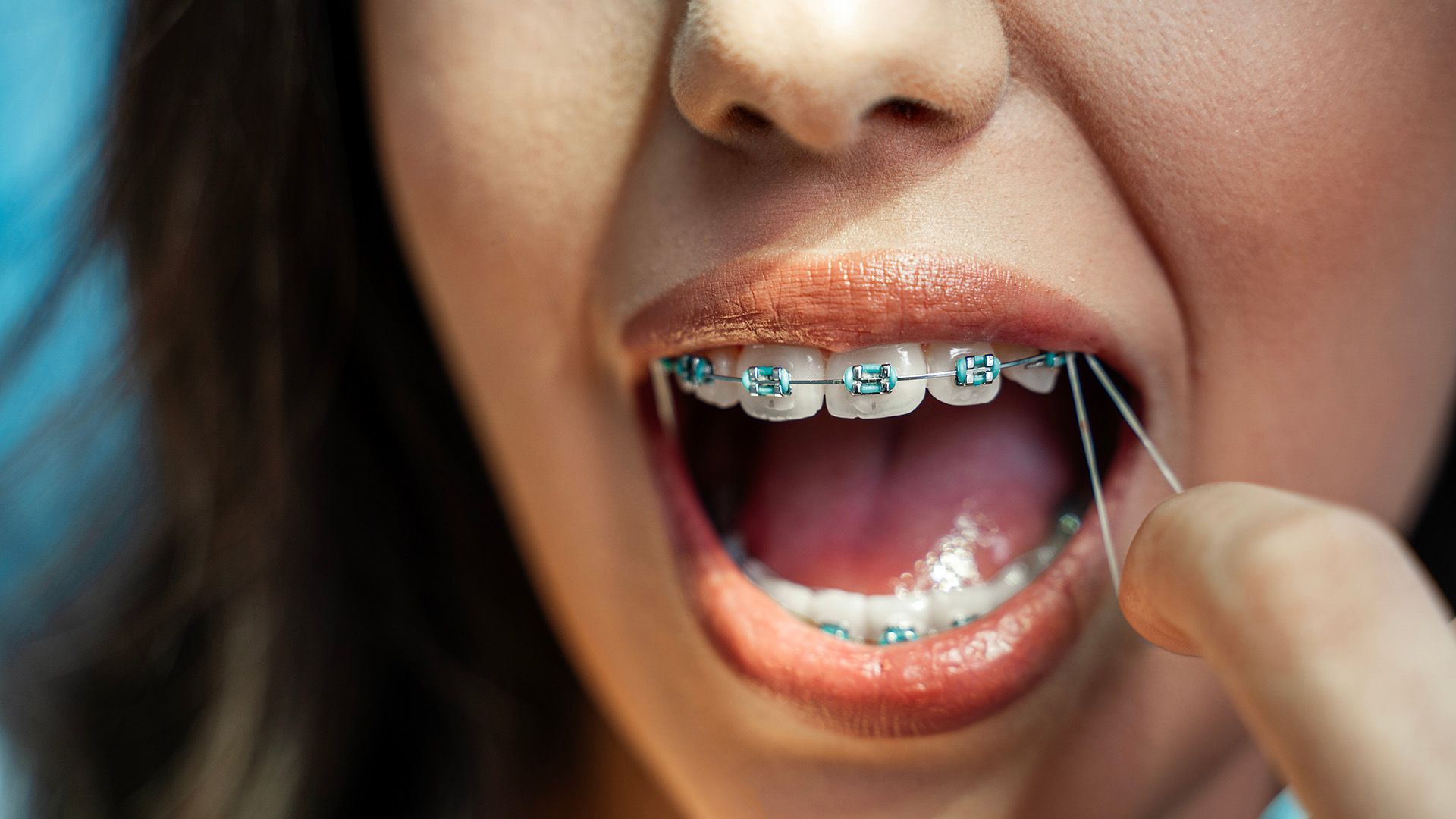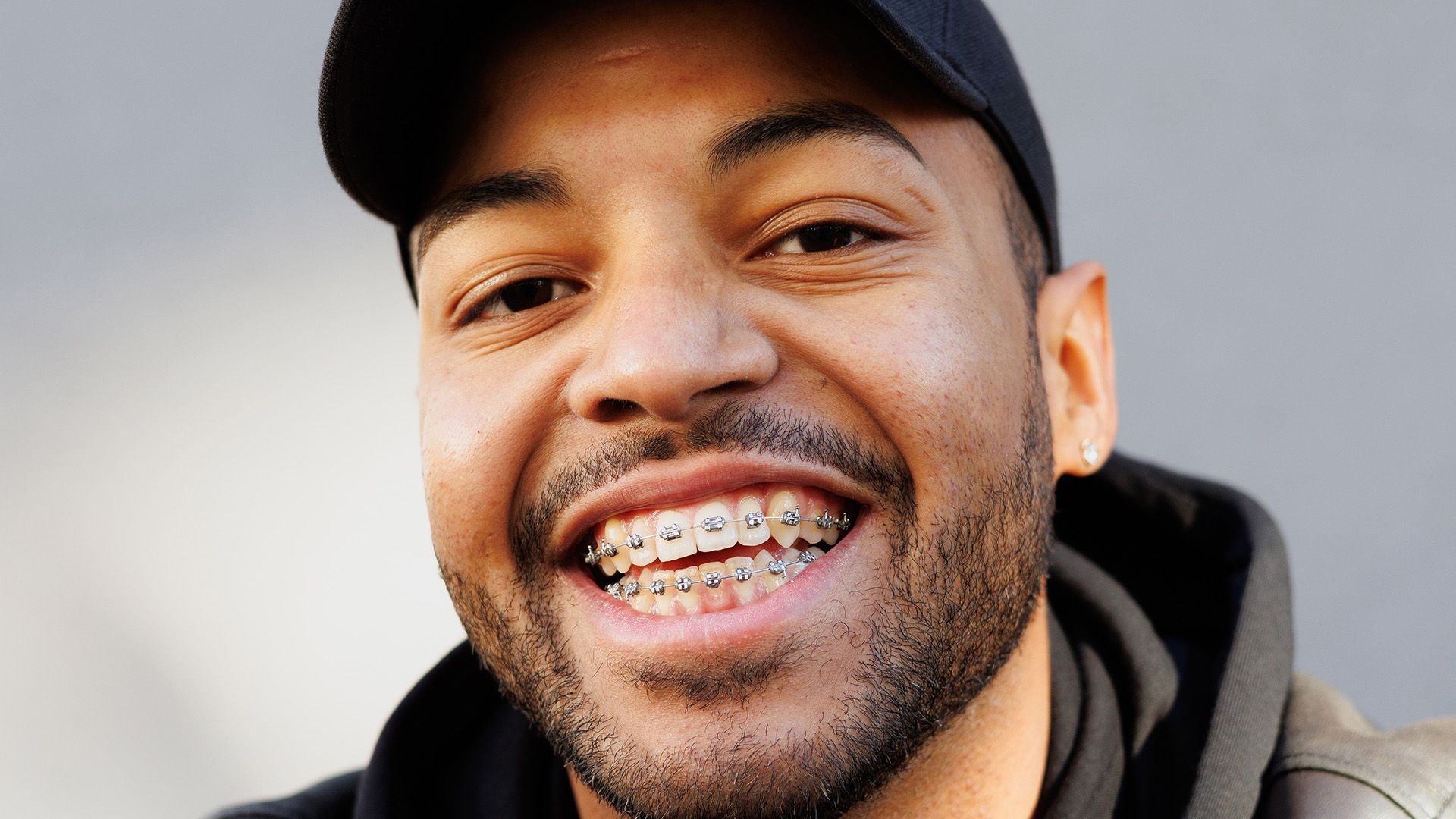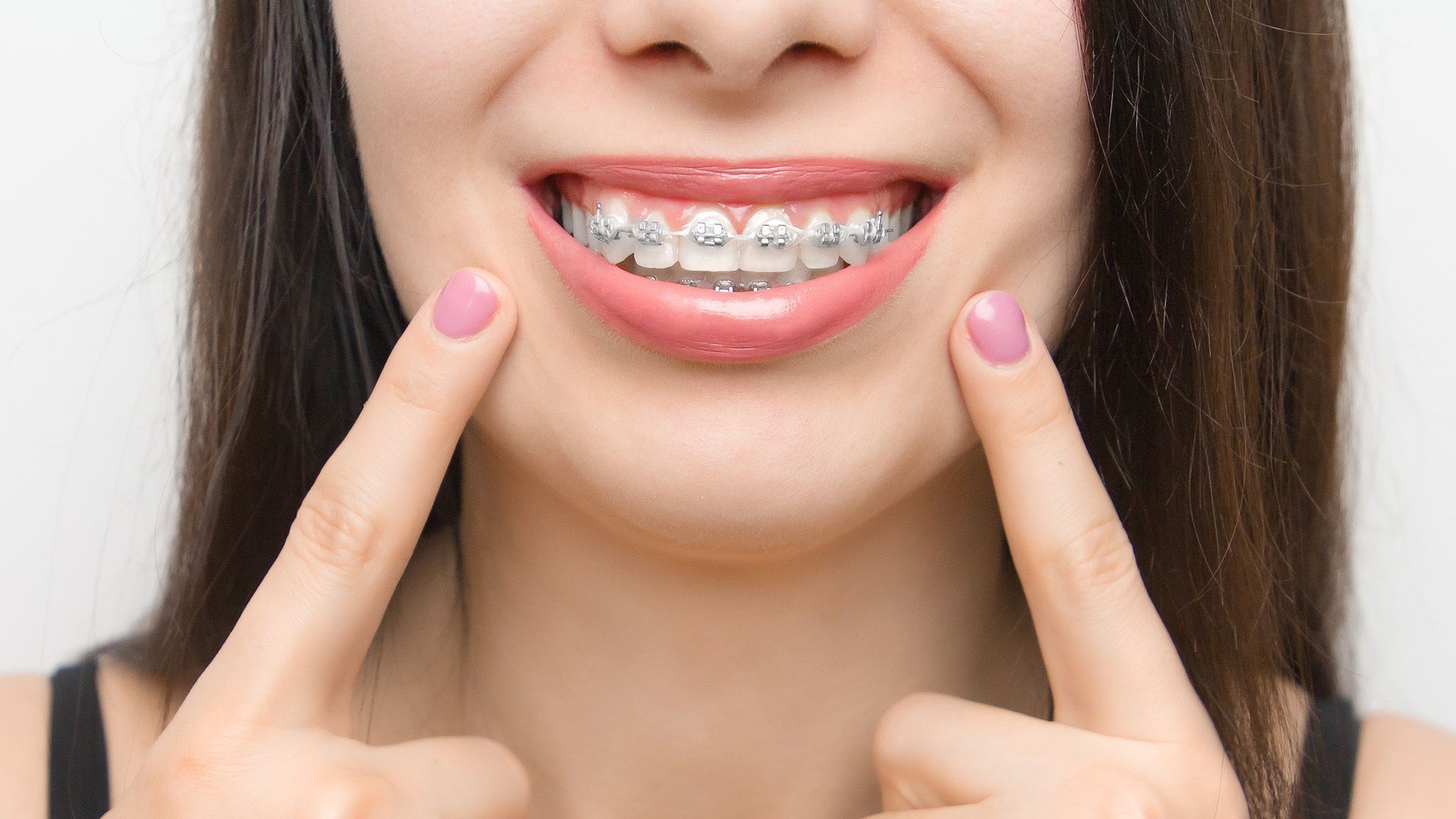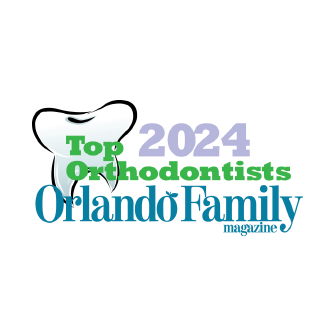Misaligned Bites and Crooked Teeth
Misaligned Bites and Crooked Teeth: Causes, Effects, Diagnosis and Treatment
What Causes Misaligned or Crooked Teeth?
A misaligned bite, twisted, overlapping, or crooked teeth can have many causes. A smaller-then-average mouth means your teeth may become crowded causing them to twist within the gums or displace each other. If your upper jaw sticks out further than your lower jaw, your upper teeth will protrude beyond your lower teeth, causing an "overbite." If your lower jaw sticks out, you'll have an "underbite."
There is often a genetic element to misaligned and crooked teeth, which means you can inherit the condition from a family member. However, losing juvenile "milk teeth" early or excessive thumb-sucking can also lead to dental problems. Dentists recommend that children don't use pacifiers or feeding bottles beyond three years old to avoid misalignment of teeth due to uneven pressures. In adults, gum disease, physical injury, tooth loss through decay, poorly constructed restorations such as crowns and fillings, and cancer of the jaw may cause crooked or misaligned teeth.
What Effects Do Misaligned Bites and Crooked Teeth Have?
Besides undermining a person's self-esteem because of their appearance, misaligned bites and crooked teeth can make it difficult to chew food and maintain good dental hygiene. If you can't clean your teeth and gums well you may have an increased risk of developing secondary problems such as gingivitis, cavities, tooth decay, and discoloration. Misaligned and crooked teeth may also put added strain on jaw muscles which can cause discomfort.
How Are Misaligned Bites and Crooked Teeth Diagnosed?
Most misaligned bites and crooked teeth are visible and need no other diagnosis. However, not all cases need the same treatment. A close examination will help your dentist decide what course of action to take. After assessing the alignment of your teeth, how it affects your appearance, and whether you experience difficulty eating or talking, your dentist may refer you to a specialist orthodontist for further assessment and treatment.
What Does the Orthodontist Do?
The orthodontist will make a more detailed analysis of your condition. This process is painless and may include taking X-rays and photographs of your face and mouth. Your dental practitioner will make an impression of your teeth in a special material. The orthodontist uses all the information gathered from these tests to devise a personalized treatment program for you. The analysis is not immediate, so you will need to come back for a follow-up appointment and treatment afterward.
How Are Misaligned Bites and Crooked Teeth Treated?
After diagnosis and development of a treatment plan, your orthodontist
may use several treatment techniques to help you. In most cases, your orthodontist will fit you with a "retainer" or "brace," a removable structure which sits on the palate, temporarily bonded to your teeth. While it can take a long time to re-position your teeth with a retainer, it's a simple and effective solution. If overcrowding is the problem, selective removal of one or more teeth before application of a brace may help the others to realign. If the problem lies in a malformed jaw, then a surgical operation may be the only choice.
Misaligned bites and crooked teeth are common. While they can be uncomfortable and embarrassing, with a professional diagnosis and proper treatment, in most cases they are easily corrected. The earlier a dentist diagnoses a problem, the easier and more effective the treatment. If you or your children have any difficulties with misaligned bites or crooked teeth, see your dentist as soon as possible.

